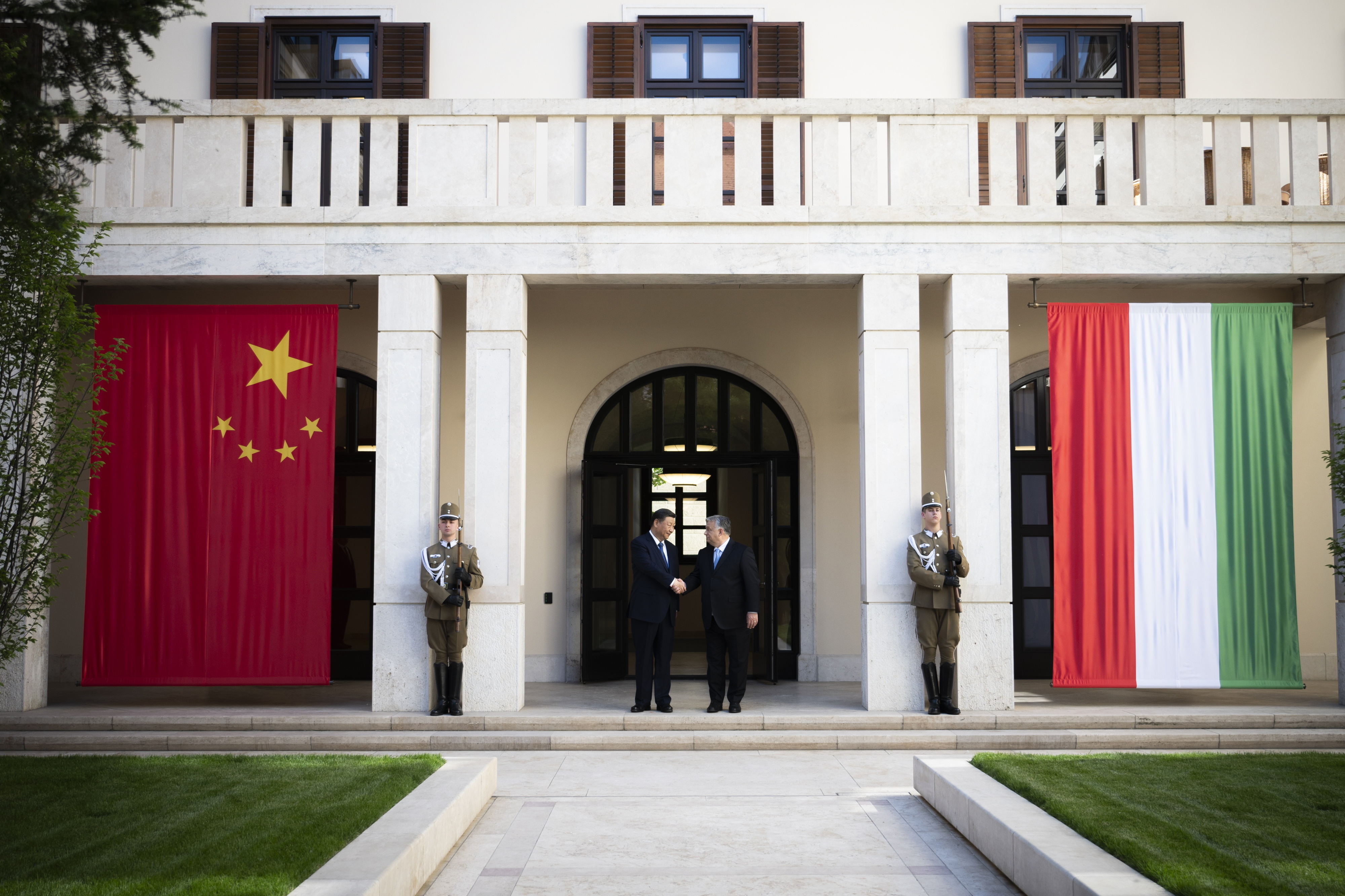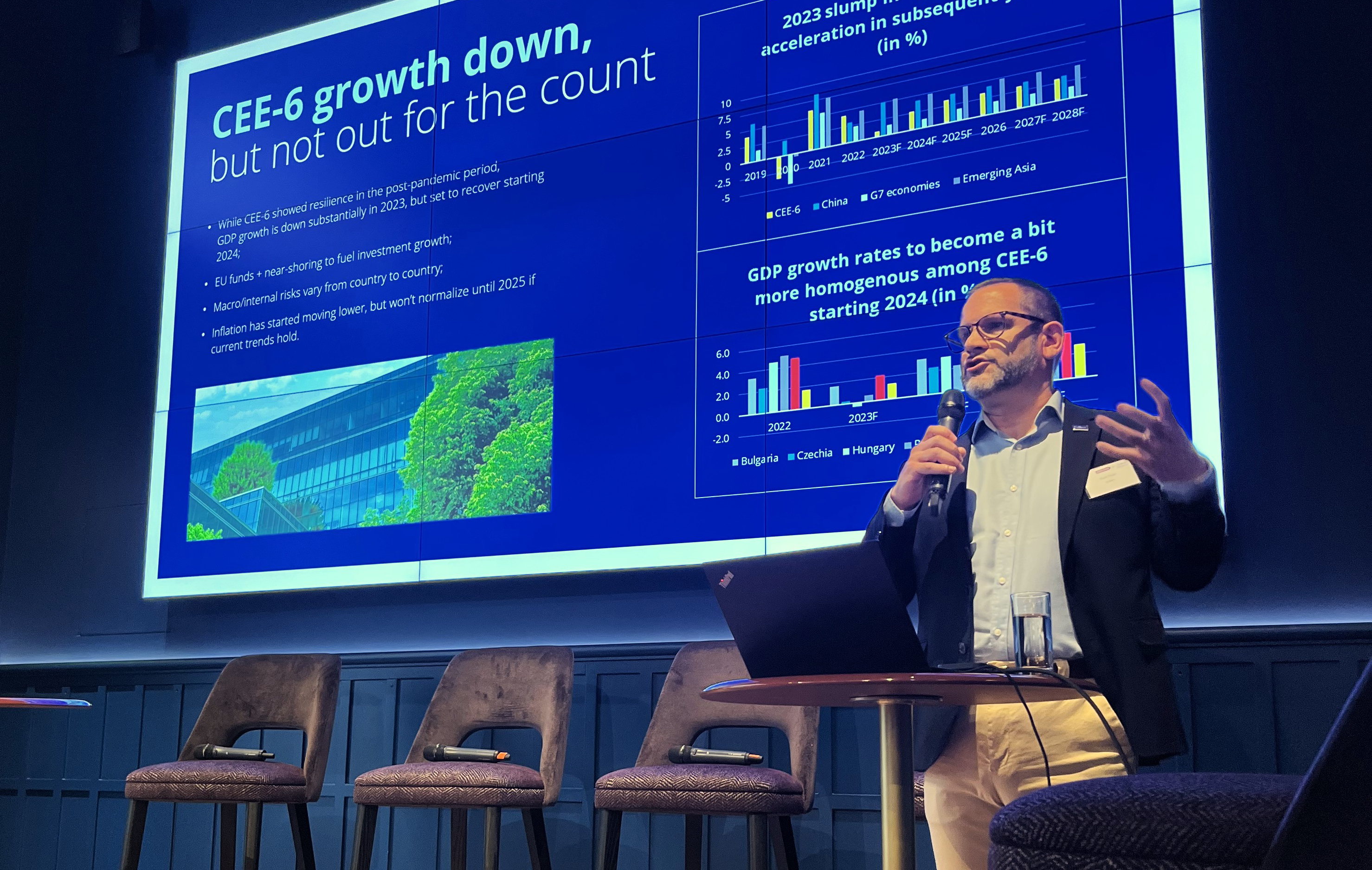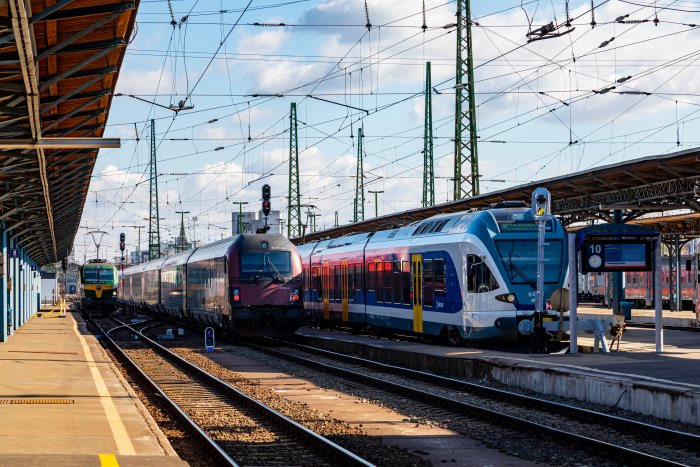Hungary Must Both Build and Create to Thrive

Take a look at the facts and figures contained within this issue’s Special Report, and it is obvious the huge significance the automotive industry has for Hungary’s relatively small but exceedingly open economy.
That’s fine in boom times, when the living is easy, fish are leaping and people are rushing headlong to buy a new auto. But automotive overdependence caries its own risks; just ask the Czechs.
As our financial investment columnist Les Nemethy is always reminding us, the wise investor runs a diversified portfolio to mitigate risks. And as all good house wives and house husbands know, you don’t place all your eggs in one basket.
When Daimler AG announced it was to build a second Mercedes factory at its Kecskemét base, it was done with much fanfare, and rightly so; EUR 1 billion factories do not come along every day. This was to be a so-called “full-flex plant”, one able to produce various kinds of vehicles from compact cars to larger sedans. The automaker didn’t say what models would be produced at the new plant other than that they would be both front- and rear-wheel drive models.
But that was back in 2016, when the German economy was more buoyant. Now the waters have turned choppy, not helped by the headwinds from the on-off U.S.-China trade war, falling vehicles consumption in China, and the possibility of higher U.S. tariffs on European cars. And last week we learned, courtesy of German business daily Handelsblatt, that the Daimler board was to postpone the second factory and that BMW, although plowing ahead with its plant for now, was also giving the matter serious consideration.
Flagship factories for marque brands look good, but there is a reason the Hungarian government was so excited by the November 2018 announcement that Jaguar Land Rover is to place a technical engineering office in Budapest to support its European supply chain management.
Partly the government was simply delighted by the competitive nature of winning the business in a regional competition, but more than that, it was the embodiment of the shift from the “Made in Hungary” concept to “Designed in Hungary”. On the face of it, a factory is a bigger commitment than an office, harder to move. But the work done in a technical engineering office is much more about brainpower than operating machinery; it is less directly susceptible to those choppy seas than manufacturing.
In truth, no politician is going to turn down the chance of securing a shiny new factory deal. It resonates with voters, and speaks to our deep desire to want to build things, especially when it involves high end engineering and mechanics. But just like a good investor, prudent governments need a healthy balance between investment types.
A Daimler spokesperson has since told index.hu that the Mercedes project is not in danger, the firm still plans to start manufacturing in 2020, and that a temporarily suspended factory should not be a surprise given the economics and that Daimler is run to make a profit. BMW has apparently assured the government it will be going ahead as planned.
Automotive is going to continue to be a huge factor in Hungary’s economy. As Róbert Ésik, the president of the Hungarian Investment Promotion Agency says in our exclusive interview, one of his jobs is to make sure the industry and its investment here are as future proof as possible.
Robin Marshall
Editor-in-chief
SUPPORT THE BUDAPEST BUSINESS JOURNAL
Producing journalism that is worthy of the name is a costly business. For 27 years, the publishers, editors and reporters of the Budapest Business Journal have striven to bring you business news that works, information that you can trust, that is factual, accurate and presented without fear or favor.
Newspaper organizations across the globe have struggled to find a business model that allows them to continue to excel, without compromising their ability to perform. Most recently, some have experimented with the idea of involving their most important stakeholders, their readers.
We would like to offer that same opportunity to our readers. We would like to invite you to help us deliver the quality business journalism you require. Hit our Support the BBJ button and you can choose the how much and how often you send us your contributions.








WirtschaftsagenturWien_KarinHackl_1MB%20(3).jpg)



